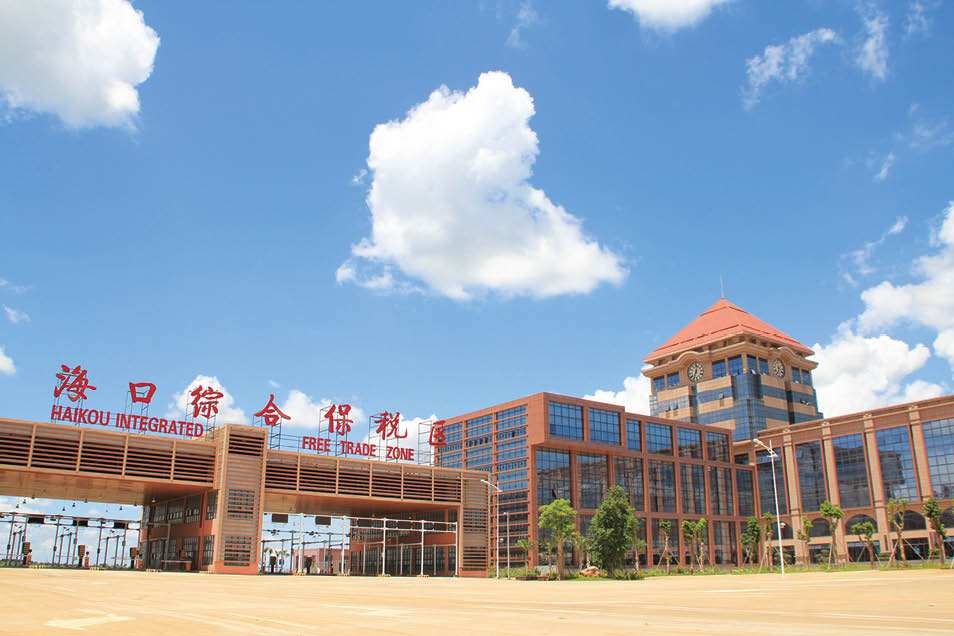Haikou Comprehensive Bonded Zone Develops Cross-Border E-Commerce with 50
2024-08-09 00:00:00
Cross-Border E-Commerce: Haikou's Rapid Growth and Strategic Initiatives
Strategic Importance
Cross-border e-commerce, a key driver of economic integration and trade globalization, holds significant strategic importance. This year, Haikou Comprehensive Bonded Zone has seized new opportunities in foreign trade by accelerating the establishment of the Haikou Cross-Border E-Commerce Comprehensive Pilot Zone. The zone leverages customs clearance integration policies to actively develop cross-border e-commerce. Currently, 50 cross-border e-commerce companies have settled in Haikou, with transactions reaching nearly 20,000 orders in the first quarter, surpassing the total for last year.

Rapid Business Development
The first quarter of the year saw transaction volumes exceeding those of the previous year. Haikou has also welcomed its first third-party cross-border e-commerce platform, Jimi Global Purchase, which allows global procurement through direct purchase models and establishes a global supply chain, benefiting local residents.
Jimi Global Purchase's manager, Li Fawei, highlighted the park's support, including free company registration and office space, and frequent coordination meetings with relevant departments to assist SMEs. The platform plans to explore new markets and offer more affordable imported goods.
Other prominent e-commerce companies, such as Vipshop and E-MaTou, have also established operations in Haikou. Vipshop's 70,000-square-meter Asian Logistics Center project began construction in December last year. Additionally, the entry of Fujian Land Port Group is expected to advance cross-border e-commerce logistics.
Special Policy Support
To encourage cross-border e-commerce development, Haikou Comprehensive Bonded Zone has implemented special support policies focusing on sales, logistics subsidies, and warehousing services. For example, businesses in the zone receive rental rewards for cross-border e-commerce warehouses based on annual sales or logistics orders.
The zone has also attracted over 40 wine trade companies, with imported wines stored in temperature-controlled warehouses. This cold chain logistics advantage ensures the safety and quality of imported goods. The cold chain warehouse subsidy policy supports enterprises needing cold storage, promoting the growth of wine cross-border trade with imports from countries like France and Chile.
Future Prospects
Haikou plans to leverage the dual policy advantages of the Hainan Free Trade Pilot Zone and the China (Hainan) Free Trade Port to attract more e-commerce businesses and strengthen import and export trade. The focus will remain on innovative trade development and supply-side structural reforms to offer high-quality imported goods to local consumers.







